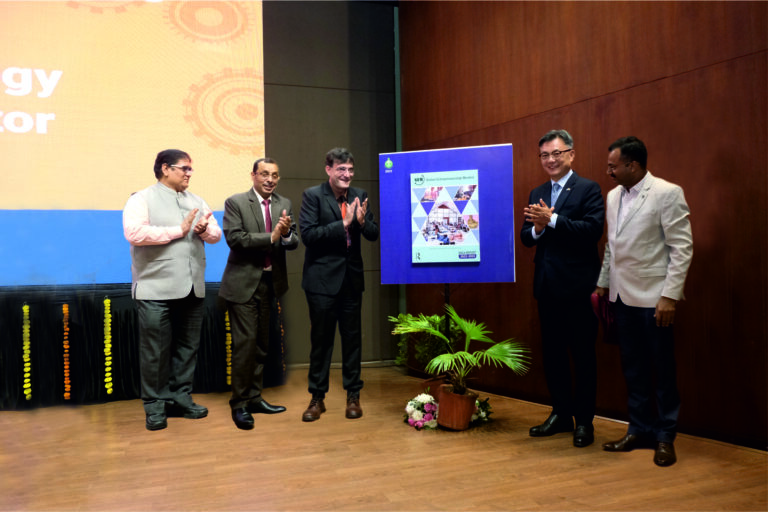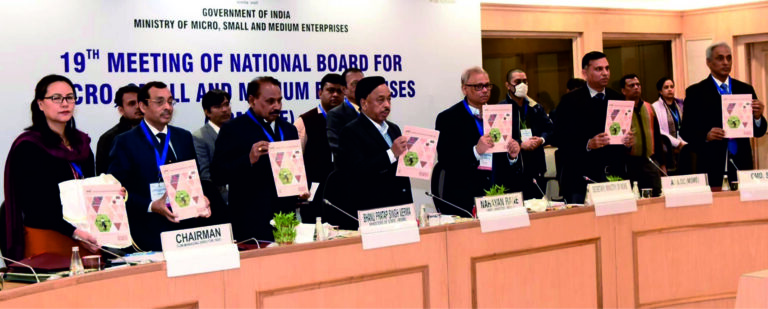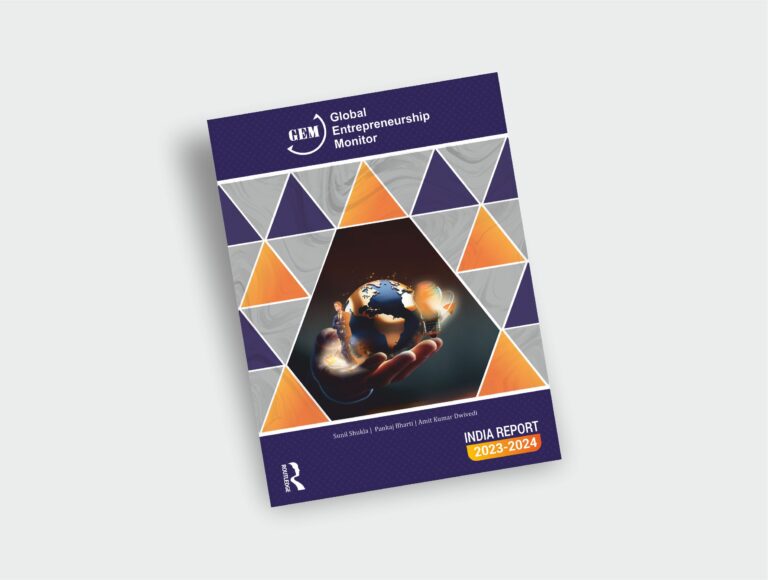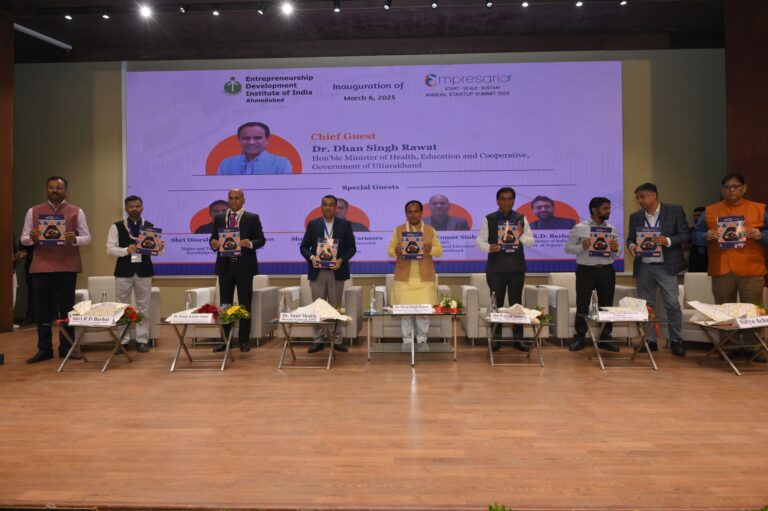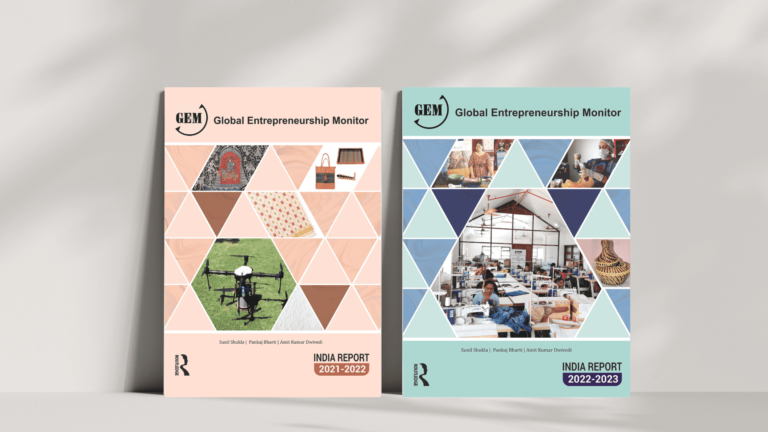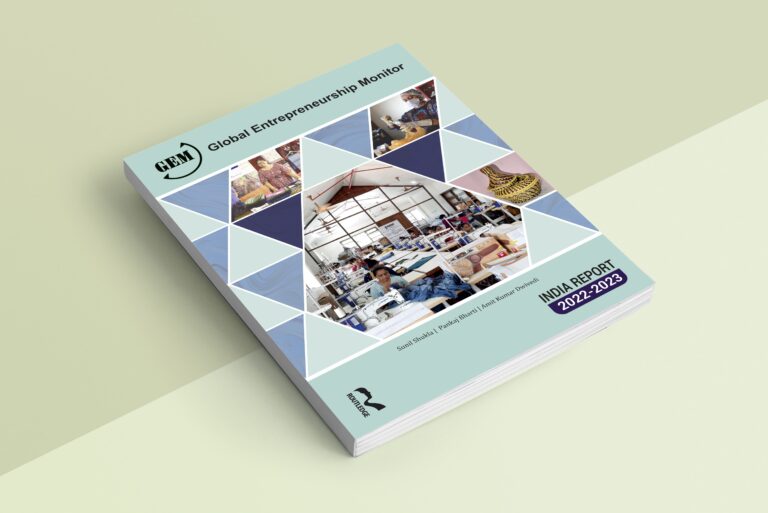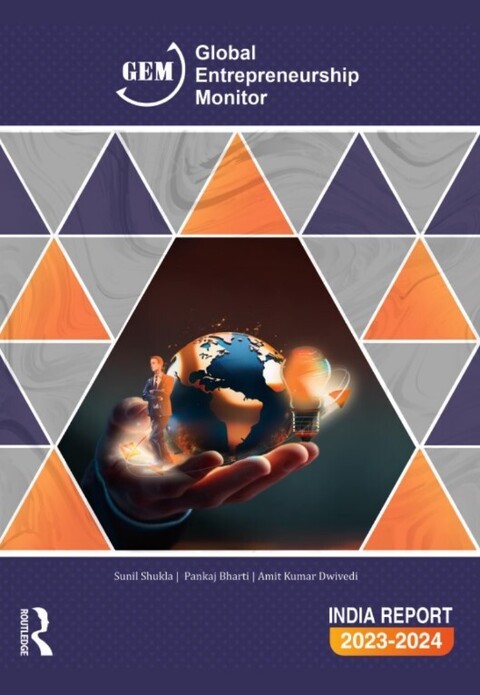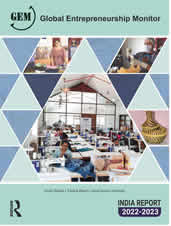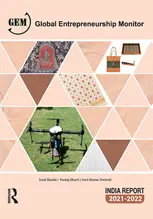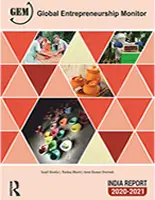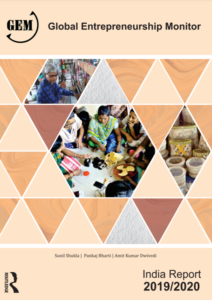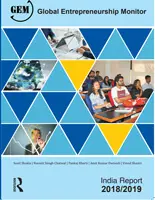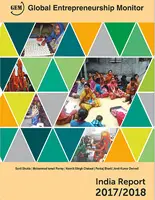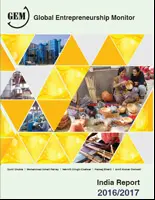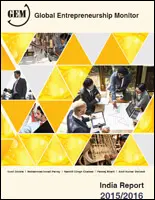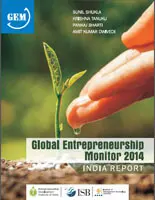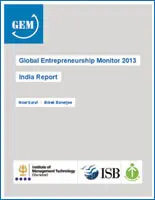The Global Entrepreneurship Monitor (GEM) Survey is the largest annual study of entrepreneurial dynamics in the world. GEM was conceived in 1999 and has since been venerated for the credibility and coverage of its research. With the Indian Entrepreneurial Eco-system becoming robust by the day, the GEM-India Consortium is assuming a major role in probing the rapidly evolving nature and the level of entrepreneurship in India. The GEM-India Consortium is also spreading its wings to involve regional and state level entrepreneurship institutions to ensure maximum reach in researching the multiple dimensions of Indian entrepreneurship. EDII leads the India chapter of the GEM survey.
